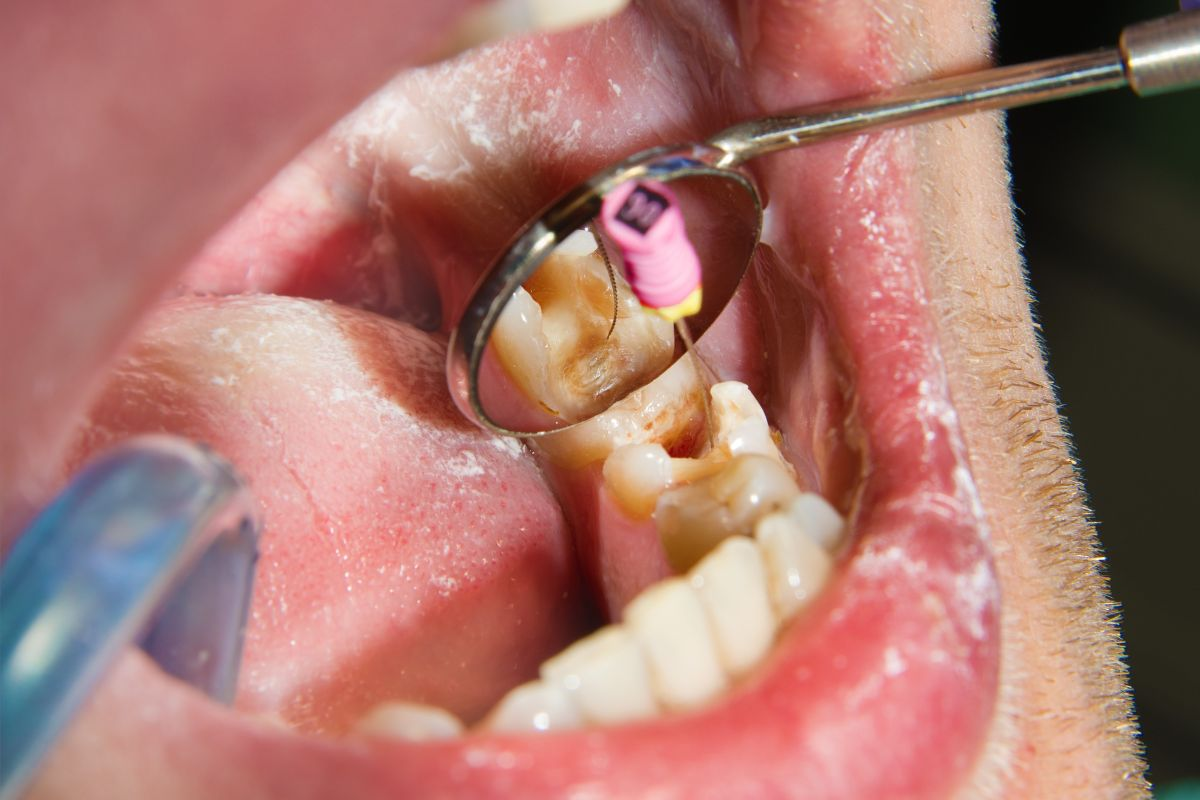
Is a Root Canal Necessary to Repair Broken Teeth?
When a tooth is broken, the first thought often revolves around pain, appearance, and functionality. A broken tooth can result from trauma, decay, or biting into something hard, leaving many to wonder: Is a root canal necessary to fix it? While not every broken tooth requires a root canal, understanding the circumstances where it’s essential can guide your decisions and ensure proper dental care.
Understanding the Anatomy of a Tooth
To determine whether a root canal is required or not, understanding tooth anatomy can be a benefit. Teeth consist of three main layers: the outer enamel, the middle dentin, and the inner pulp. The pulp houses nerves and blood vessels that keep the tooth alive. When a tooth is damaged to the extent that the pulp is exposed or infected, a root canal becomes crucial to save it. Additionally, this procedure helps prevent future complications such as bone loss or spreading infections.
When Is a Root Canal Necessary?
A root canal is typically recommended for broken teeth under the following conditions:
- Pulp Exposure
If the break exposes the pulp, bacteria can infiltrate, causing infection or severe pain.
- Deep Decay
A tooth weakened by extensive decay may break, leaving the pulp vulnerable.
- Cracks Extending to the Pulp
A deep crack that reaches the pulp can compromise the tooth’s integrity, necessitating root canal treatment.
Without timely intervention, these conditions can lead to abscesses, increased pain, and even tooth loss. Ignoring such issues could result in prolonged discomfort and more invasive treatments down the line.
The Role of a Root Canal in Tooth Repair
A root canal removes the damaged or infected pulp, cleans the inner tooth, and seals it to prevent further infection. The procedure is followed by placing a crown or filling to restore the tooth’s structure and functionality. This approach not only alleviates pain but also preserves the natural tooth, which is always preferable to extraction. By retaining your natural tooth, you maintain proper bite alignment and reduce strain on adjacent teeth.
Alternatives to a Root Canal
Not all broken teeth require root canals. For minor chips or fractures that don’t involve the pulp, treatments like bonding, veneers, or simple fillings may suffice. In cases where the tooth is severely damaged and cannot be saved, extraction followed by a dental implant might be the best option. Consulting a dentist is essential to determine the right course of action. Tailored solutions ensure that you receive the most appropriate treatment for your specific condition.
Benefits of Root Canal Treatment
Root canals often get a bad reputation for being painful, but advances in dental technology have made the procedure relatively quick and comfortable. The benefits include:
- Pain Relief
Eliminates the source of pain caused by pulp inflammation or infection.
- Preservation of the Natural Tooth
Maintains the alignment and function of surrounding teeth.
- Prevention of Further Infection
Stops the spread of bacteria to other teeth or the jawbone.
- Cost-Effectiveness
Saving a tooth with a root canal is often less expensive than extraction and replacement options.
Common Misconceptions About Root Canals
Many people avoid root canals due to fear or misconceptions. Here are some myths debunked:
- Myth: Root Canals Are Painful
Modern anesthesia and techniques make the procedure virtually painless.
- Myth: Extraction Is Better
Keeping your natural tooth is almost always the better option for oral health.
- Myth: Root Canals Are Time-Consuming
Most treatments can be completed in one or two visits.
Signs You May Need a Root Canal
If you experience the following symptoms after breaking a tooth, a root canal might be necessary:
- Persistent pain or sensitivity to hot and cold.
- Swelling or tenderness around the affected tooth.
- Darkening of the tooth or visible signs of infection, such as a pimple on the gum.
Addressing these symptoms promptly can save your tooth and prevent further complications.
Importance of Timely Intervention
Ignoring a broken tooth can lead to complications like abscesses, bone loss, or the spread of infection. Addressing the issue promptly not only saves the tooth but also prevents more extensive and costly treatments down the line. Regular dental check-ups can help identify problems early, minimizing the need for invasive procedures. Early intervention is the key to reducing discomfort and ensuring long-term oral health.
Effective Dental Treatment for Broken Teeth
A root canal isn’t always necessary to repair a broken tooth, but when it is, it plays a crucial role in preserving your natural tooth. By addressing pain and infection, this procedure helps restore full functionality while preventing further complications. Timely care ensures better outcomes for your oral health.
In Chennai, Dr. Deepak Victor combines expertise with advanced techniques to provide effective and patient-focused care. Whether through a root canal or alternative treatments, he ensures the best possible solutions for your dental needs, helping you achieve long-term oral health and a confident smile.
Published on: March 26, 2025

